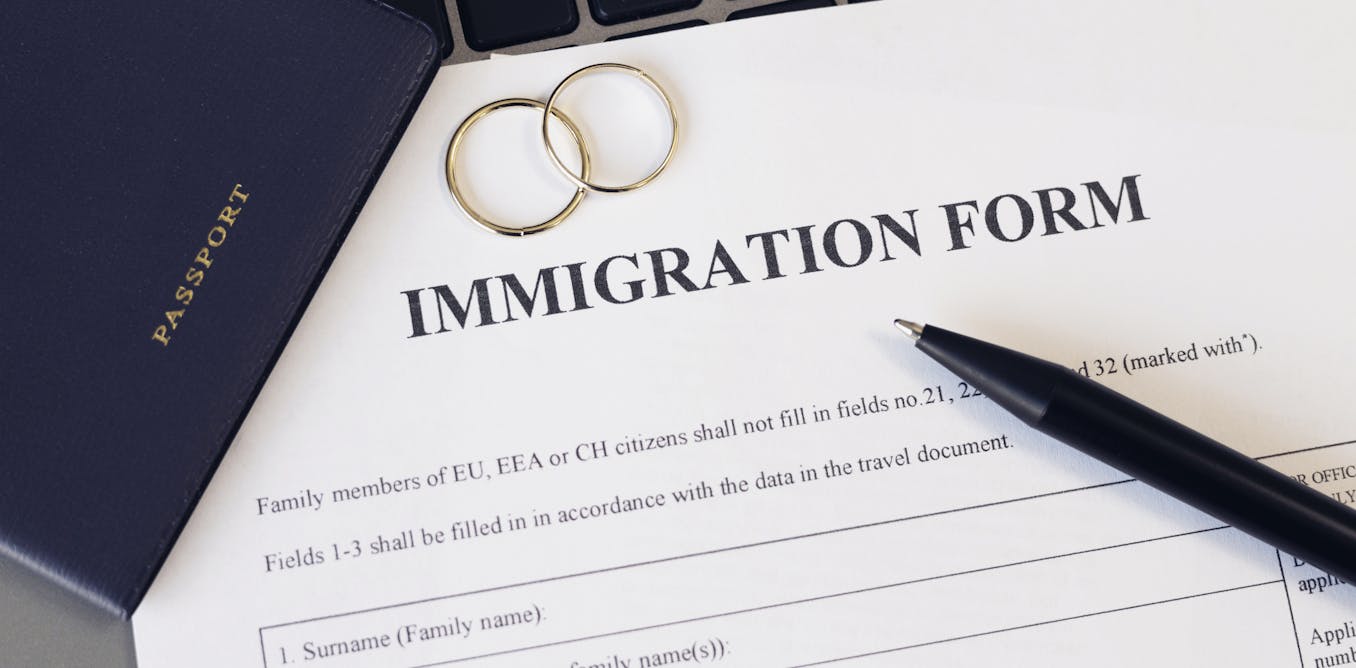
"Fifteen years ago, when I started studying the international dating industry, few people took the subject seriously. The term "mail-order bride" was treated as a punch line - something outdated, associated with lonely men and poor women who migrated from Eastern Europe, Asia or other places to meet their new husbands in the United States. But I've seen firsthand how ideas about gender, intimacy and global mobility have shifted."
"The term "mail-order bride" dates back to the 19th century, when so-called frontier brides advertised themselves in newspapers to single men in the American West. After the Civil War, when large numbers of men had died on the East Coast, some women saw migrating to the frontier to marry someone sight unseen as a way to secure stability. That narrative still lingers today in Western novels and films."
"The modern international matchmaking industry, however, took shape in the 1970s, when catalogs of mostly Filipino women's photos and addresses were sold to American men. After being pen pals, men would travel to the Philippines to meet and decide whether they wanted to get married. Some scholars consider this a form of human trafficking, but that has been challenged by other scholarship."
International dating evolved from 19th-century frontier bride advertisements to mass-market matchmaking in the 1970s and contemporary social-media-driven travel. Catalogs of primarily Filipino women's photos and addresses enabled pen‑pal relationships that often culminated in men traveling to meet and marry abroad. Economic and social shifts, including more U.S. women entering the workforce, motivated some men to seek partners perceived as embodying traditional gender roles. Contemporary young men now rebrand cross-border courtship as lifestyle choices, sometimes celebrating it online. Debates persist over whether such practices constitute human trafficking or voluntary transnational marriage driven by labor, intimacy and mobility dynamics.
Read at The Conversation
Unable to calculate read time
Collection
[
|
...
]